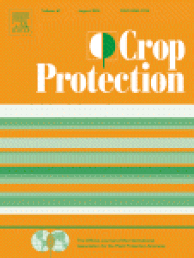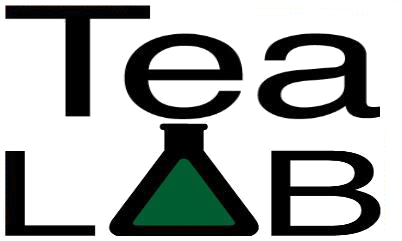 Comparative bioactivity of selected seed extracts from Brazilian Annona species and an acetogenin-based commercial bioinsecticide against Trichoplusia ni and Myzus persicae Crop Protection August 2014 Link Here A group of researchers from Brazil and Canada collaborated on a study compare the effectiveness between seed extracts, a commercial bioinsecticide, and a pyrethrin based insecticide. The seed extracts were made from several species of Annona, also known as pawpaw or sugar apple. The bioinsecticide was acetogenin-based. Acetogenin is naturally found in Annona. Researchers wanted to determine if the seed extract was as effective as the commercial formulation, as compared to the pyrethrin based insecticide with known efficacy. Seed extracts were made by grinding seeds for ripened fruits into a powder. The organic compounds within the powder were extracted with alcohol. The alcohol was then allowed to evaporate, leaving the extracted compounds behind. Those compounds were then applied to insects as either oral ingestion or a topical spray. Researchers found that, or four species tested, the seed extract from Annona mucosa species was the most effective in both cabbage looper and aphid control. Researchers also found that the seed extract of A. mucosa was as effective or better than the commercial bioinsecticide and the pyrethrin based insecticides. A 98% mortality rate was observed in greenhouse trials on Cabbage Loopers that were sprayed with the A. mucosa seed extract, while the control group which was sprayed with the pyrethrin based insecticide displayed a 98.88% mortality. Aphid control showed similar results. The researchers conclude that the seed extracts are a viable option as biorational pesticides for cabbage looper and aphid control.
0 Comments
|
Archives
June 2024
Categories
All
|
Contact Us
Why TeaLAB?TeaLAB is committed to helping people and their gardens to become more self- sufficient, healthier, and productive. Grow your sweetest corn, your biggest watermelon, your tallest quinoa, your tastiest tomato, and your happiest you.
TeaLAB was founded to teach people how to garden organically, so that we can become more closely connected with the land. Our goal has been to simplify growing methods so that gardeners have a positive experience in the garden. TeaLAB is where the garden meets the laboratory. From around the world and into your backyard, our products contain ingredients that are sourced both locally and globally. Using methods both ancient and cutting edge, TeaLAB promotes maximum biology. Grow with TeaLAB. |

 RSS Feed
RSS Feed
